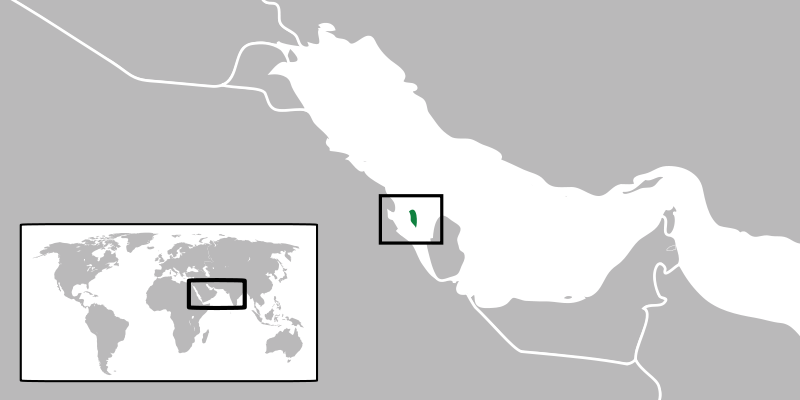Bahrain: Foreign Reporters Denied Visas Ahead Of First Anniversary Of Uprising
Reporters Without Borders said it has registered a series of freedom of information violations in Bahrain in the run-up to the first anniversary of the uprising in this Gulf kingdom on 14 February. They include a refusal to issue visas to a number of foreign journalists for the anniversary, when demonstrations are expected.
Sheikh Fawaz Ben Mohammed Al-Khalifa, the head of the Information Affairs Agency, claimed in a statement Thursday that some journalists had not received visas because of the “high volume of requests” for the 11 to 18 February period.

Reporters Without Borders dismisses the claim as spurious. Foreign journalists were directly and deliberately attacked by the security forces during the uprising. Shots were even fired at some foreign reporters while they were covering the demonstrations in Pearl Square.
The denial of visas is clearly part of an attempt by the authorities to impose a media blackout on the eve of the anniversary of the uprising in order to restrict the number of unwanted observers of the expected demonstrations and the crackdown they will probably trigger.
These are some of the journalists who have reportedly been denied a visa:
- Nicholas Kristof, a New York Times correspondent. When he visited Bahrain last December, teargas was fired at him and he was briefly detained. The authorities were very critical of his coverage.
- Adam B. Ellick, a New York Times photographer. He was advised to apply again for a visa after February. He was also briefly arrested after teargas was fired at him when he visited Bahrain with Kristof in December.
- Kristen Chick, who works for The Christian Science Monitor, and Cara Swift of the BBC. They were told they could not have visas because of the “high volume of requests.”
- Alex Delmar-Morgan of The Wall Street Journal and Gregg Carlstrom of Al-Jazeera. Delmar-Morgan was arrested by the National Guard when he visited Bahrain in March 2011.
Several Bahraini journalists and activists are meanwhile being investigated or prosecuted. They include the journalist Waheed Al-Balloushy. He was questioned by prosecutors on 2 February in connection with a Tweet regarded as insulting and offensive to the Prophet Mohammed by members of Al-Asala Islamia, a Salafist group that filed a complaint against him. Balloushy said the complaint was politically motivated.
The journalist Reem Khalifa continues to the target of a prosecution that was initiated against her after she filed a complaint against the government supporters who had insulted and physically attacked her in February 2011. A hearing in her trial was held on 2 February and then the case was adjourned until 23 February.
Reporters Without Borders said is also worried by government blocking of independent news websites, especially streaming sites. The authorities are clearly concerned to limit coverage of unrest, above all websites providing live coverage.
